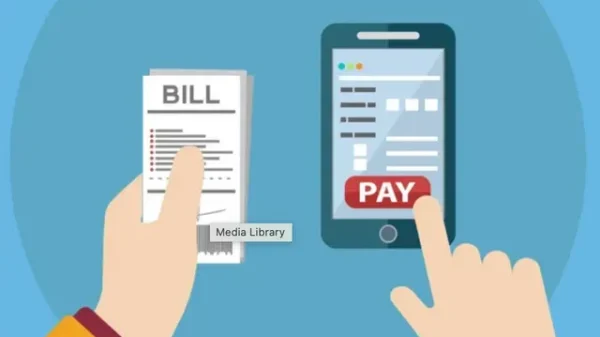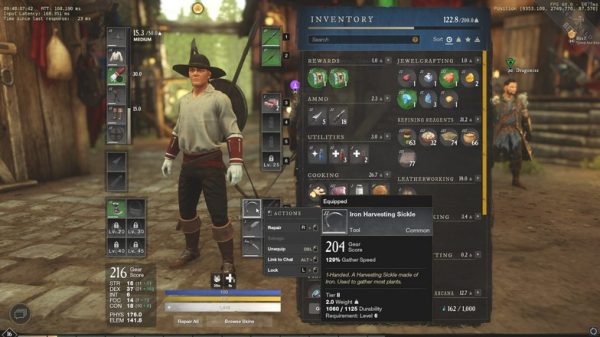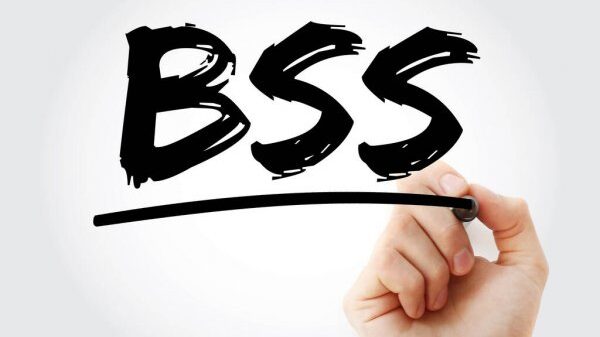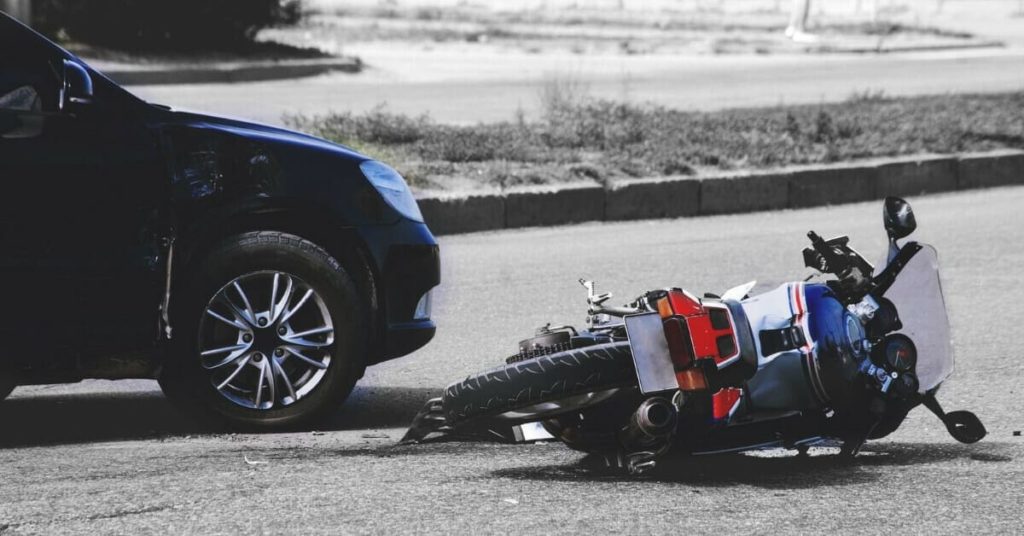Those who don’t ride motorcycles usually find it hard to understand why motorcycle lovers keep riding regardless of the worrying statistics.
It’s true that motorcycles are deadly compared to any other vehicle. Like bicycles, motorbikes don’t have any outer protection for their riders. If you crash, your body comes into direct contact with whatever obstacle you crash into.
Unlike bicycles, however, motorbikes are fast machines, just as fast as cars. Imagine going at the speed of a vehicle without the protection a vehicle’s body offers.
It’s no wonder that fatalities associated with motorcycles are 28 times higher than fatalities involving vehicles.
That said, a rider is a rider. There are many reasons why riders love their motorbikes.
But the one thing that can take away that love for riding is an accident.
What Causes the Reluctance to Ride?
An accident can be a traumatic experience. It can lead to fear and anxiety when you think about getting back on a motorcycle. You may develop severe emotional reactions such as PTSD if you can’t process the incident.
You may also suffer injuries and damages that make it difficult to remember the happiness you once experienced while riding.
But how can you return to riding like before and enjoying the activity you love after going through something as terrible as an accident?
Well, it’s not impossible to ride again if you haven’t lost your love for it. It may take time and work, but with the proper steps, you can overcome the fear of riding after a motorcycle accident.
Here are steps to take to get over that fear and ride your motorcycle again:
-
Accept What Happened
After an accident, it’s common for riders to be disabled by thoughts of what happened.
You may find that you’re suffering from guilt, perhaps because you caused harm to others or because you believe you could have done more.
Feelings of frustration, lack of confidence in your abilities, and even regret can make it difficult to consider riding again.
It’s worth remembering that accidents happen, even to the most careful and experienced riders. Various factors on the road can contribute to a crash.
Even if you were to blame, you should realize that what occurred can’t be undone. The best thing you can do for yourself is to move on and do better.
-
Seek Closure
When you can’t find closure, moving on becomes a challenge. You need to close that chapter, however painful, but to do that, you must seek satisfactory answers.
Closure may mean reaching out to those involved in the crash. It may mean asking for forgiveness, and it may also mean seeking justice if someone else was negligent.
You may need to take legal action after the accident to limit the amount of suffering the incident causes. JT Legal Group offers more advice on that.
-
Allow Yourself to Heal
Getting back on the motorcycle shortly after an accident is not a good idea. You’ve just suffered a distressing experience, and that needs time to ensure you’re okay psychologically.
Taking a break from riding is an effective way of getting back to riding as it allows you to process lingering emotions you may not realize you have.
-
Take Things Slow
It can be frustrating to deal with constant fear every time you ride because you were involved in a crash. Continuing like that sure takes away from the enjoyment you once experienced while riding.
Make things easier by taking things slowly.
You don’t need to ride quite the way you used to. You may not get that same thrill or go as far as before.
Understand that it takes time and that you’ll need to take things step by step to reach where you’re physically and mentally ready.
-
Invest in Protective Gear
Fear is a response to self-preservation.
Perhaps you’ll feel much better when you do more to protect yourself while riding.
Get some new gear that improve safety, and try using the ones you weren’t using before. If you weren’t using full body armor or shin guards before, try them.
Conclusion
There’s no formula for how soon you can get back on your motorcycle after an accident. Healing is a process. Allow that process to happen, and in the meantime, take the steps that assist in getting over that fear.




































